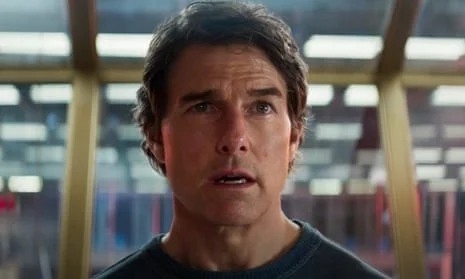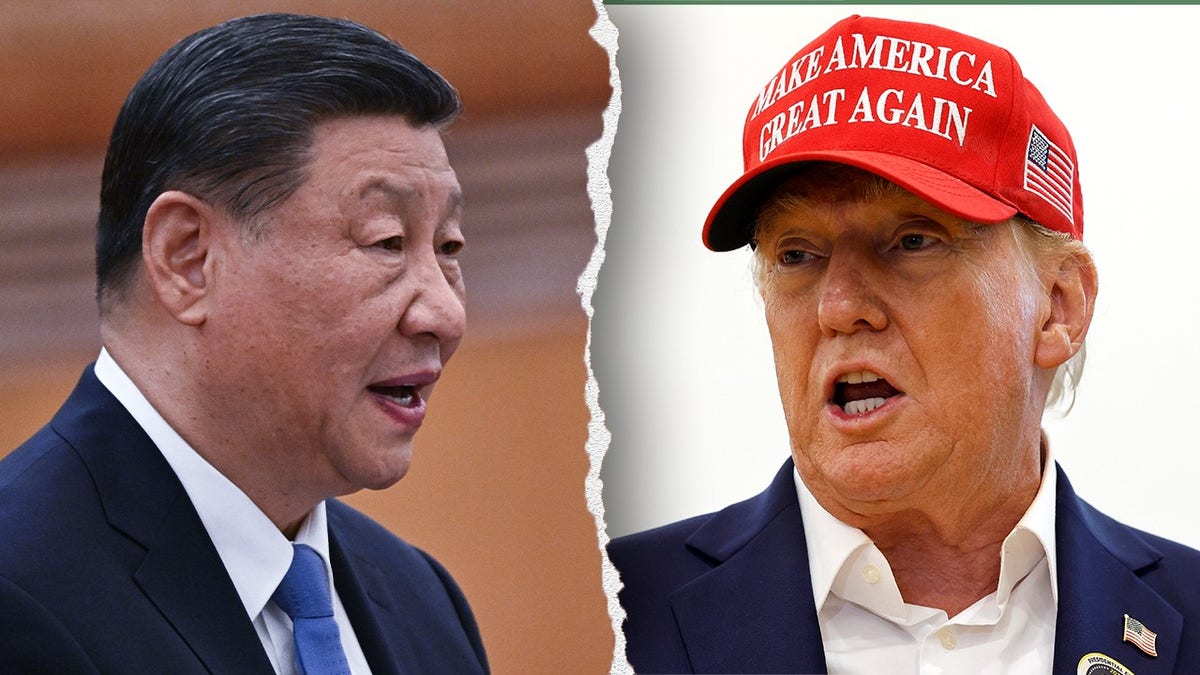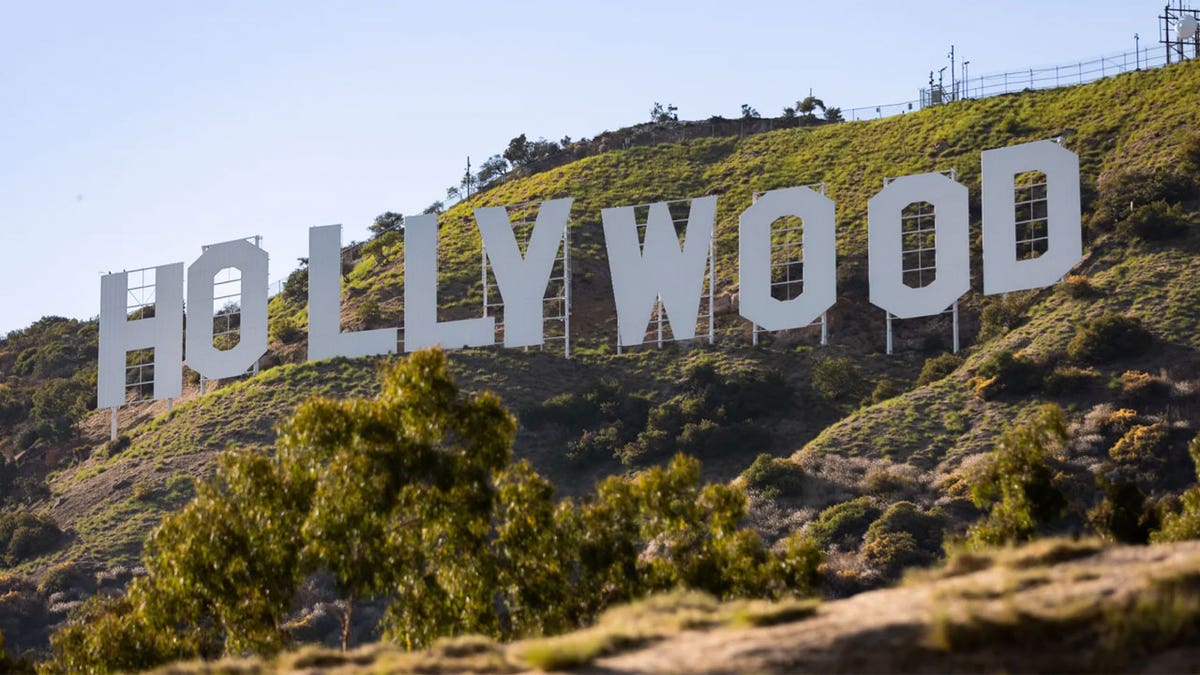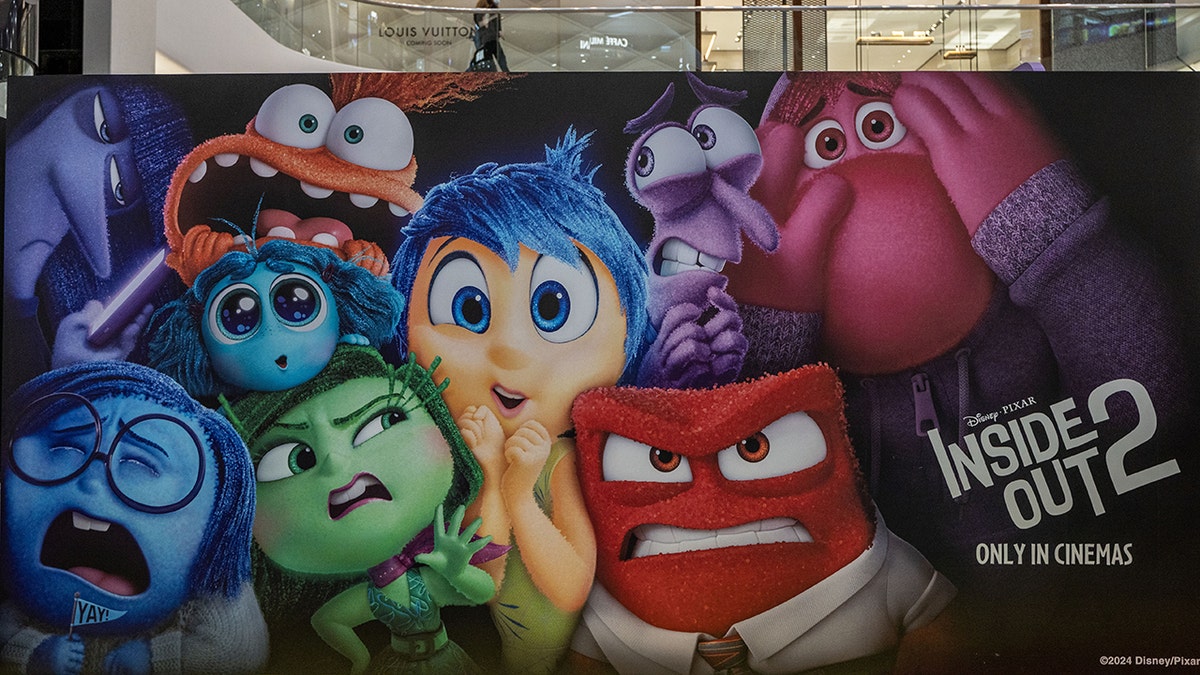
China Strikes Back At Hollywood Amid Escalating U.S.-China Tariff War
As the U.S. and China intensify their ongoing trade conflict, a new battleground has emerged beyond steel and technology: the billion-dollar entertainment industry. China’s retaliatory move to restrict American film imports is poised to reshape the global movie landscape, highlighting the cultural dimensions of a deeply economic war.
This week, the China Film Administration officially confirmed it will reduce the number of Hollywood movies allowed into the world’s second-largest film market, in direct response to President Donald Trump’s steep tariff hike on Chinese goods — now reaching 145%. Meanwhile, Beijing has imposed tariffs up to 84% on American imports. The decision threatens the lucrative, but increasingly fragile, relationship between Hollywood and China.

Reacting to China’s announcement during a Cabinet meeting, President Trump appeared unfazed, remarking with a chuckle, “I think I’ve heard of worse things,” prompting laughter from his secretaries. His lighthearted response belies the potential ripple effects on an industry that heavily supported his political opponents, yet remains a key symbol of American soft power worldwide.
Historically capped at roughly 34 foreign films annually, China’s quota system has always limited Hollywood’s direct access. In recent years, however, these films accounted for only 5% of total Chinese box office revenues, a dramatic decline from a decade ago. Hollywood studios receive only about 25% of box office takings in China—half of what they earn elsewhere.

Experts note that the financial hit may be limited due to this slimming impact. Once regarded as a lifeline to counter slumping domestic box office sales, China is now producing local blockbusters outperforming American offerings. A striking example: while Pixar’s highly anticipated “Inside Out 2” scored global success, it was overtaken by the Chinese animated epic “Ne Zha 2,” which has become the highest-grossing animated film of all time in China.

Despite the tensions, Disney recently received approval to release its newest Marvel film “Thunderbolts” this April. However, major titles including Tom Cruise’s “Mission: Impossible – The Final Reckoning” and James Gunn’s “Superman” still hang in the balance. It remains uncertain how China’s tightening grip will affect future U.S. film releases and Hollywood’s bottom line in this crucial market.
While President Trump pitched tariff hikes as protection for American industries, Beijing’s cultural counterstrike exposes the broader stakes. As the White House hints at softer approaches towards nations not reciprocating American tariffs—lowering their rates to 10%—the strategic tit-for-tat with China shows no sign of abating.
Ultimately, beyond the tariff figures and box office tallies, this clash underscores a profound struggle over cultural influence amid economic rivalry. Will China’s scaled-back Hollywood imports accelerate the rise of its homegrown film industry? And how might American studios recalibrate in a world where political tensions strangle their global reach?
Readers, what do you think: Is this the beginning of a lasting cultural decoupling between the two superpowers, or just another act in an ongoing economic drama? Share your perspectives below.